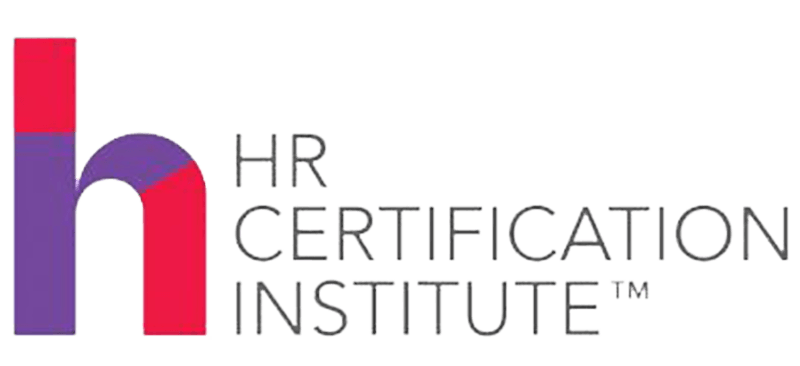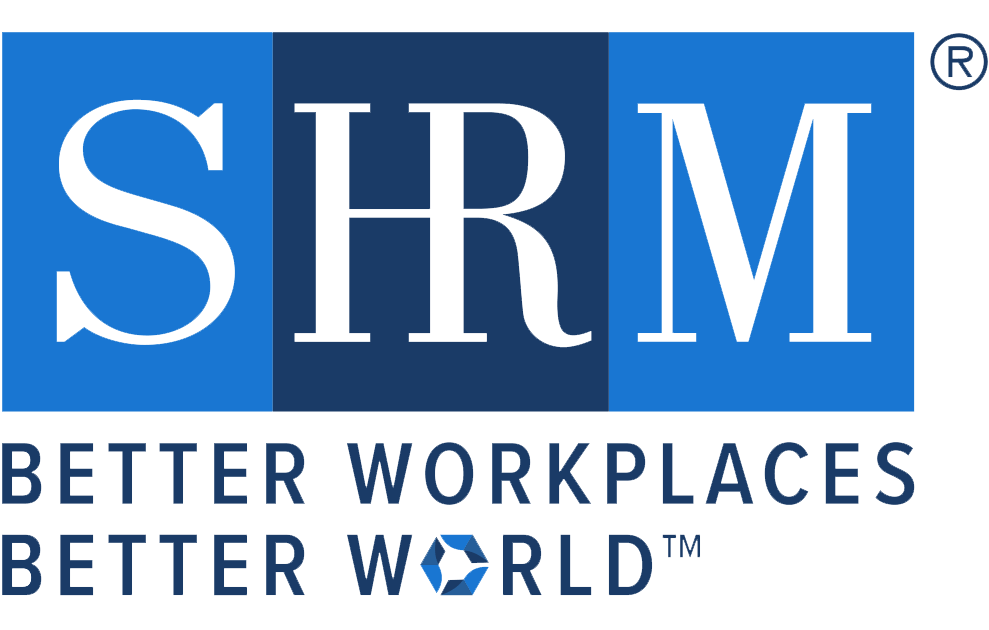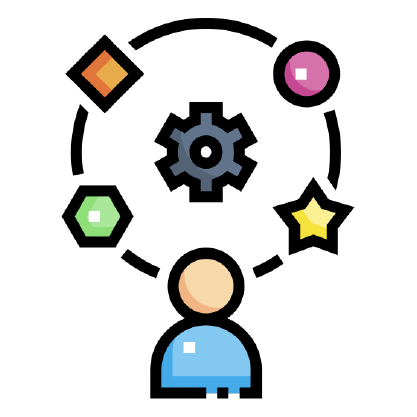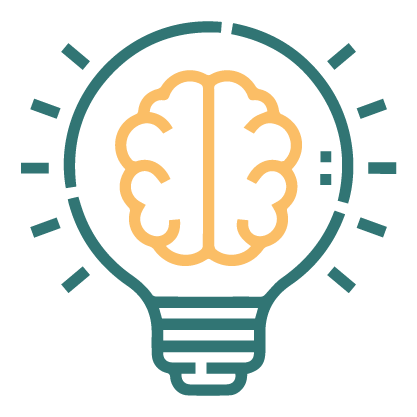Talent Assessment for Employers: How to Do it Right
How to use a talent assessment to find the shortest route to the best candidate.
Hiring has always been a high-wire exercise. There’s little room for error. Pick a candidate unfit for the role, and you set them — and yourself — up for failure. Trip up too many times, and those bad candidates will bring your whole operation tumbling down.
“We can afford a bad hire or two,” said no one ever. According to Harvard Business Review, 80% of employee churn is the result of poor hiring decisions. Especially now, as widespread labor shortages run rampant, you can’t afford to strike out in the talent game.
Thankfully, you can greatly de-escalate the risk of bad hires — by using talent assessments. By putting a strong talent assessment strategy in place, you can find and hire high-potential candidates who add immediate value to your team and organization.
The Hire Talent handles all your talent assessment needs, so you don’t have to.
We’ll screen for a variety of factors — including honesty, interpersonal skills, and problem solving — to prequalify your job candidates automatically.
What Are Talent Assessments?
Talent assessments are hiring tools that help you evaluate how strong a candidate is for a given role. Talent assessments measure a variety of aptitudes, from leadership and reasoning to cognitive ability. These tools share one goal: to gather the data needed to make an informed hiring decision.
How Do Talent Assessments Work?
Talent assessments work by homing in on a set of traits or abilities required for a new hire to thrive in a given job role. A pre-employment cognitive ability test, for instance, seeks to determine whether someone has the right mental aptitude to learn and retain new information on the fly.
As individual online hiring assessment tools, talent assessments help you understand particular applicant strengths and weaknesses. Used collectively, they provide a wealth of data that reduces bias and enables you to make more holistic, objective, and accurate hiring decisions.
Types of Talent Assessments

Executing an effective talent assessment strategy starts with understanding the tools in your arsenal. There are several tests that can predict job performance, assess a candidate’s skills, and help your hiring team save on time to hire.
Learn more about the different types of talent assessment below:
1. Attention-to-Detail Tests
Attention-to-detail tests measure a candidate’s ability to adhere to the finest particulars of a job role. When testing for detail, you’re looking for someone who dots their Is, crosses their Ts, and triple-checks their work. “Perfection” may be unattainable, but these people sure get close.
2. Aptitude Tests
Aptitude tests gauge a person’s ability to learn and adapt to new information. If you’re hiring a programmer, for example, an aptitude test will uncover whether they can handle complex computations quickly. This talent assessment is particularly useful for highly specialized fields of work.
3. Cognitive Ability Tests
Cognitive assessments (also known as critical thinking tests or logic tests) reveal which candidates can think critically, solve complex problems, and stay focused when faced with potential disruptions. Cognitive ability tests shine when hiring for a job role that requires learning and applying new concepts, or adapting in the face of failure.
4. Communication Skills Tests

Communication skills tests gauge how well a candidate can understand, process, and respond to information delivered from the people around them. This talent assessment helps employers hire for roles that require heavy collaboration or leadership, including project and people management roles.
5. Drug Screening Tests
Drug screening tests screen candidates for illegal substances — typically as part of a hiring manager’s post-hire onboarding process. Use of drug screening tests varies depending on state laws. Some, like Louisiana, have looser restrictions, while Maine and others heavily regulate drug screenings.
6. Interpersonal Skills Tests
Interpersonal skills tests measure an applicant’s capacity to understand their emotions — plus the emotions of the employees around them. These pre-employment talent assessments are excellent for identifying empathetic individuals, and often serve to fill service- or leadership-heavy roles.
7. Integrity Tests
Honesty tests assess character in prospective new hires. These tests reveal which candidates will tell the truth and take responsibility for mistakes — and which will sweep their problems under the rug. Integrity tests are particularly helpful when hiring for high-risk fields like security.
8. Leadership Skills Tests
Leadership skills tests determine whether a job candidate can motivate others, encourage friendly competition, and build an engaged, productive culture. Leadership skills tests assess everything from communication to interpersonal skills, and are invaluable tools when hiring for management roles.
9. Math Skills Tests

Math skills tests assess a person’s ability to apply mathematics to their work. Math skills tests typically cover the fundamental aspects of math, such as algebra, while also tasking candidates with performing basic financial operations (like balancing cashflows or calculating interest or tax).
10. Microsoft Word Tests
Microsoft Word tests determine a candidate’s ability to navigate and use Microsoft’s flagship word processor. Despite being used by millions of workers, Microsoft Word is exceptionally tricky to master. Use this talent assessment when hiring for roles that rely on heavy writing and editing skills.
11. Personality Tests
Personality tests assess a person’s innate workplace behaviors. By understanding the traits specific to certain personalities, you can hire the right behavioral fit for a given role. For example, a sales rep likely requires a more aggressive type of personality than, say, a financial analyst.
12. Problem-Solving Tests
Problem-solving tests measure a person’s ability to provide creative solutions to complex issues. Certain roles — particularly in management — can be unpredictable, requiring constant shifts in strategy. Problem-solving tests help you find hires who yearn for a challenge and can adapt quickly.
13. Reasoning Tests
Reasoning tests determine whether candidates can dissect and explain complex problems. These tests fall into many buckets — including verbal, numerical, and matrix reasoning. With reasoning tests, you can verify whether candidates have the mental aptitude to keep up with fast-paced roles.
14. Sales Assessment Tests
Sales assessment tests determine whether a candidate has the skills to be a killer salesperson — or if they’re simply a sheep in a telemarketer’s clothing. These pre-employment talent assessments assess everything from personality to close rate, and are a great tool to land great sellers quickly.
15. Skills Assessment Tests
Skills assessment tests assess whether someone has the hard skills they need to succeed in a role on day one. From Microsoft Word and Excel to writing, reading, and typing, there are countless skills to screen for. Skills assessments are great for checking off must-have skills for a certain role.
16. Team Player Assessments

Team player assessments determine how well a candidate communicates with, collaborates with, and supports their peers. Whether you want to boost team performance, level up your culture, or hire people of integrity who put their team first, these talent assessments help you further the cause.
Why Are Talent Assessments Important?
Talent assessments shine a light on the candidates who are the perfect fit for certain roles. Without the right talent assessment in place, error and bias can dominate the hiring process, leading to mishires. With talent assessments, employers shorten time to hire by focusing on best-fit candidates.
Pro Tip: Talent assessments evaluate candidates’ skills before you even scan a resume. Armed with the right recruitment assessment tools — like The Hire Talent’s — you’ll determine whether someone’s worth that phone screen, saving you time and recruiting efforts.
What Is a Talent Assessment Framework?
A talent assessment framework is the methodology of attracting and recruiting candidates who are uniquely qualified for roles you’re trying to fill. A strong framework involves the use of multiple talent assessments — including the right mix of the tests above.
How to Implement a Talent Assessment
You can embed talent assessments directly into your existing hiring process. Once installed, the test require little in the way of upkeep. What’s most important is who you partner with for these assessments. Find a provider who can supply proven, science-backed assessments that provide immediate, actionable insights.
Benefits of Talent Assessments

As organizations are rocked by market turbulence and employee resignations, talent insight assessments will differentiate your hiring efforts so you can stay ahead of the competition.
Candidate assessments can help you:
Screen Out Poor-Fit Candidates
You’ve seen it before — a candidate checks all the “boxes” on the interview clipboard, only to shred the boxes the moment you hire them.
According to the U.S. Merit Systems Protection Board, the problem comes from poor job fit. In a recent report, the U.S. MSPB found that employees with bad job fit are less engaged, less productive, and more likely to quit than employees with strong fit.
By investing in talent evaluations, you screen out candidates who may fall into the poor-fit category — and ensure that those you qualify are an excellent fit.
Cut Down on Hiring Costs
Talent assessment tests help you avoid “dead-end” candidates. By cutting the fat from your hiring process, your recruiters will spend less time in phone screens, and your hiring teams can prioritize the applicants at the top of the pile.
The by-product is simple — you’ll make high-quality hires a whole lot faster. Not only does this eliminate potential mis-hires, but it saves you costs associated with interviewing, onboarding, and training new hires.
Accelerate Your Hiring Timetable
According to Glassdoor, the average hiring process takes about 24 days. If you’re hiring for a critical role — say, a sales manager for a team that’s missing its quota — then 24 days is an eternity. On that timetable, you can say goodbye to your financial forecasts for the quarter.
Talent assessments cut the fluff out of hiring. Need that sales manager? Add a sales assessment test to your screening process, and gain a cheat code to find qualified candidates in a fraction of the time.
Improve Employee Satisfaction

The U.S. MSPB found that employees with strong job fit are far more likely to be satisfied with their jobs than those who have bad job fit. By using talent acquisition assessments, you prioritize putting people in roles where they thrive. Unlock that satisfaction, and you unlock greater engagement and productivity.
Reduce Employee Churn
Another benefit of talent assessments? Your employees will be so happy in their roles, they won’t want to leave. Turnover is an ongoing battle, and even “quiet quitting” is disrupting the way businesses get work done. Get the right talent in the door, and “bare minimum mondays” will become a thing of the past.
Summary
Talent assessments help you see through bad candidates and float high-quality applicants to the surface — all while saving you time and money. Choose the right talent assessment tools, and you’ll build a top-performing workforce where engagement is second nature.






